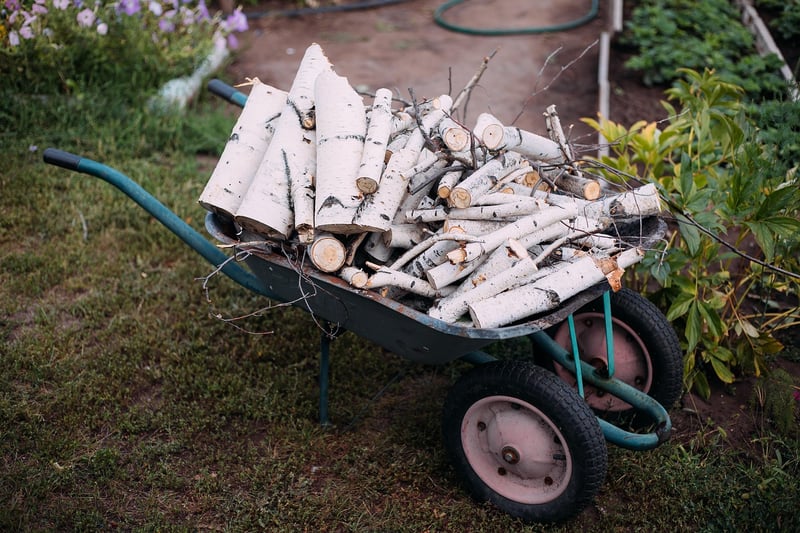Composting
Environmentally-Friendly Gardening Methods and Composting
Introduction to Sustainable Gardening
Creating a sustainable garden not only benefits the environment but also enhances the beauty of your outdoor space. By incorporating environmentally-friendly gardening methods and composting, you can reduce waste, conserve water, and promote biodiversity.
Benefits of Environmentally-Friendly Gardening
- Reduces chemical usage
- Minimizes water consumption
- Promotes healthy soil and plants
- Attracts beneficial insects and pollinators
- Reduces carbon footprint
Methods for Sustainable Gardening
Here are some eco-friendly gardening practices you can implement:
- Companion Planting: Planting certain species together to enhance growth and deter pests.
- Water Conservation: Utilize rain barrels, drip irrigation, and mulching to reduce water usage.
- Natural Pest Control: Use beneficial insects, such as ladybugs and praying mantises, to control pests instead of chemicals.
- Native Plants: Choose plants that are native to your region as they require less water and maintenance.
Composting for a Healthy Garden
Composting is a fantastic way to recycle kitchen scraps and yard waste into nutrient-rich soil for your garden. By composting, you can reduce landfill waste and improve soil quality.
How to Start Composting:
- Choose a compost bin or build a compost pile in a sunny spot.
- Add a mix of green materials (fruit scraps, grass clippings) and brown materials (dry leaves, newspaper).
- Turn the compost regularly to aerate and speed up the decomposition process.
- Use the finished compost to enrich your garden soil.
Conclusion
Embracing environmentally-friendly gardening methods and composting can transform your garden into a sustainable oasis while reducing your impact on the planet. Start implementing these practices today to create a greener and healthier outdoor space.


References: Royal Horticultural Society - Sustainable Gardening, EPA - Composting at Home
